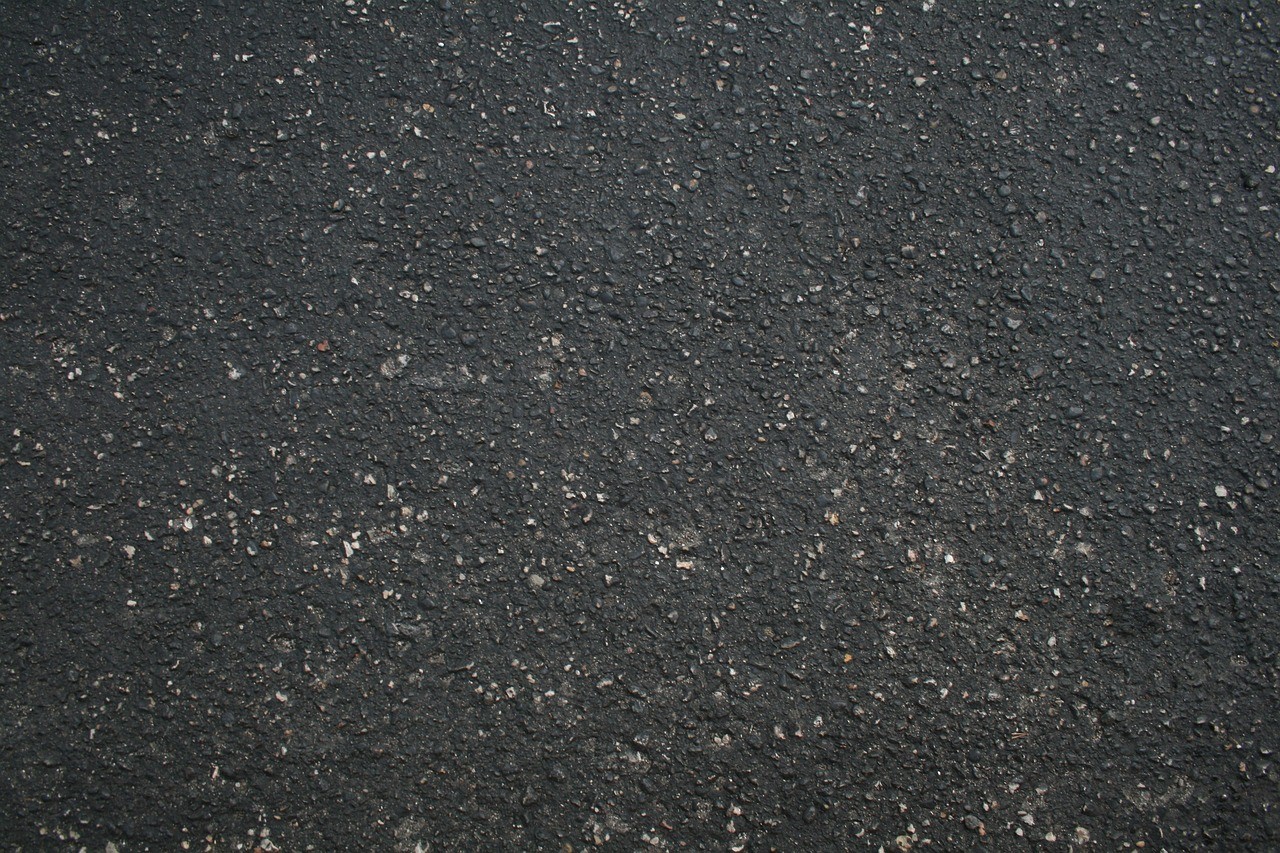The terms asphalt and blacktop are often used interchangeably in the US (similar to concrete and cement). As a result, it's a common question whether there is in fact a difference between asphalt and blacktop. Turns out that while they are very similar and may look and function almost the same, there is indeed a difference. Understanding what's different about the two can be crucial to knowing which one is best for your project. Let's dive into the nitty gritty of what the actual difference is in the asphalt vs blacktop question.
So, What IS the difference between asphalt and blacktop?
Asphalt and blacktop are used interchangeably for a reason - they look the same and are often used in similar places/situations, and for similar functions. But that's not the end of their similarities - asphalt and blacktop are even made up of the exact same ingredients, and blacktop is a type of asphalt. But the difference exists and it lies in how they are made.
All asphalt is made via the simple combination of two ingredients - bitumen and crushed stone. The ratio-specific combination is typically mixed and heated in a drum at a temperature of at least 250º so that it's malleable enough to pour and render a strong pavement after drying and curing.
Blacktop is also made using the same simple 2-ingredient mixture, BUT the difference lies in the ratio of those two ingredients as well as the temperature they're mixed at. One of the ways you can tell the difference between an asphalt vs blacktop surface is by the appearance - blacktop tends to have more of a sparkle to it because there's typically more crushed stone in the mix ratio. Blacktop is also brought to a higher temperature during mixing - around 300º.
Different Uses for Asphalt vs Blacktop
Due to their slightly different ingredient ratios and temperatures used during mixing/pouring, one difference between asphalt and blacktop lies in their use out in the world.
Asphalt Uses
Asphalt tends to be more durable and smooth than blacktop and as a result is employed in heavy-use situations such as high traffic roads, highways, and airport runways. The major city roads and highways that you drive on daily are likely asphalt. Due to the heavy use that these surfaces often receive, they tend to require more regular asphalt maintenance, repair and replacement than blacktop.
Blacktop Uses
While blacktop is still very strong and long-lasting, it's not quite as durable as asphalt and as a result tends to be used more often in lower-traffic scenarios such as residential streets, driveways and commercial parking lots. You'll also commonly find blacktop used in recreational situations such as playgrounds, paved courts for things like basketball and tennis, and paths in public parks. Also, due to the lighter use that blacktop surfaces tend to receive, they often undergo less deterioration and as such are easy to repair and can last quite long (in some cases, even longer than concrete).
Conclusion: Is Blacktop The Same As Asphalt?
As you've read, asphalt and blacktop, though made of the same material and used for similar applications, are in fact different. Still not sure which one is best for your needs? Ready to bring in the experts to get your paving project done right? Look no further - the pros here at High Quality Asphalt & Concrete are ready to help, give us a call today!
